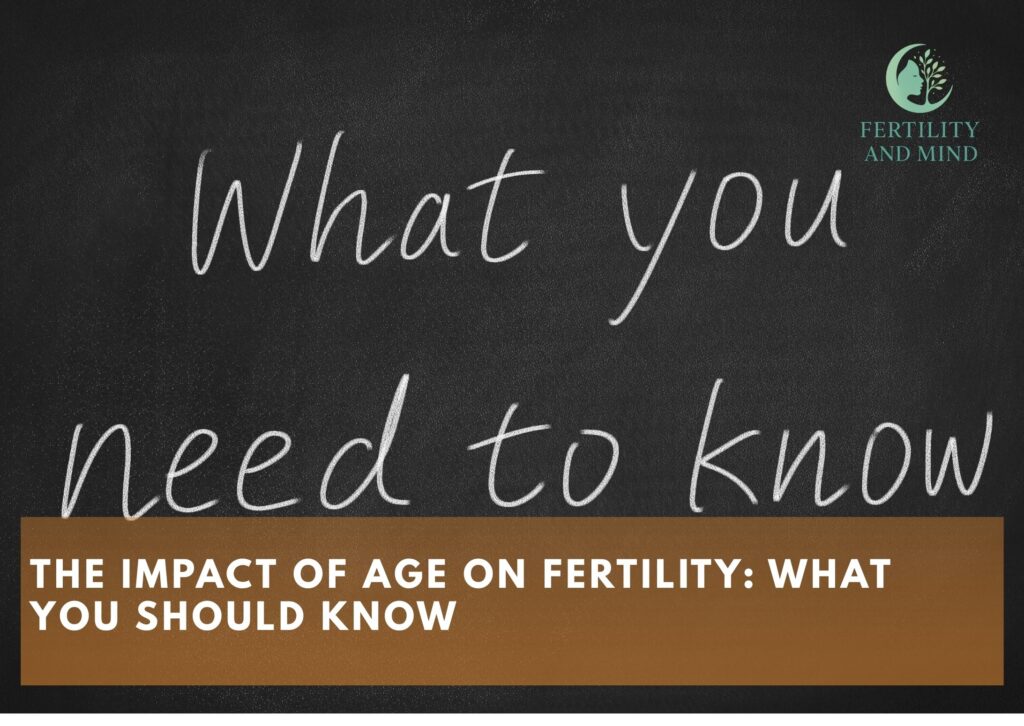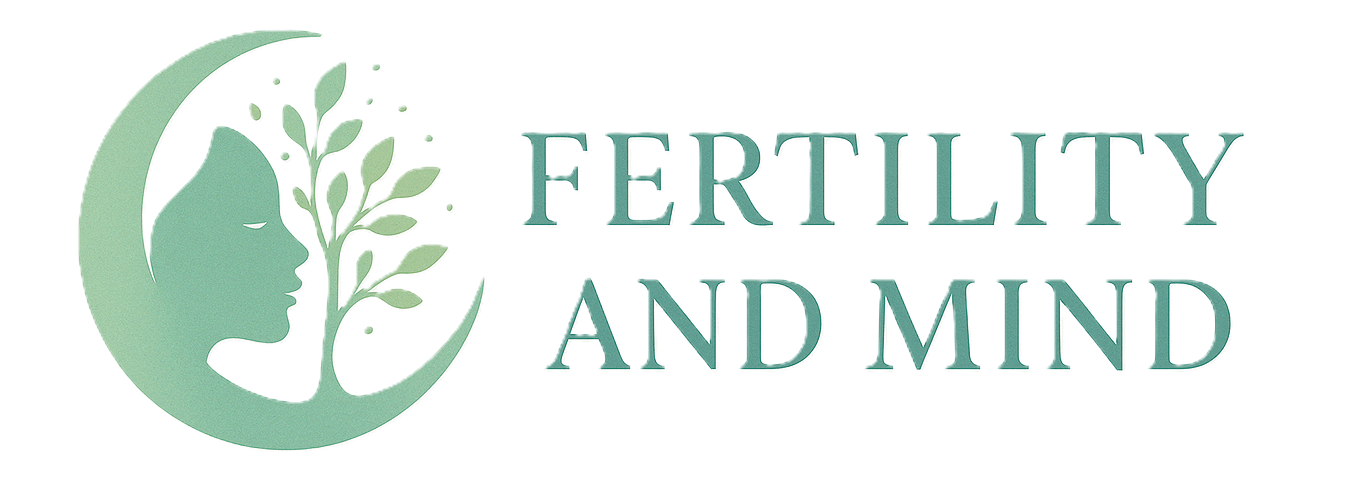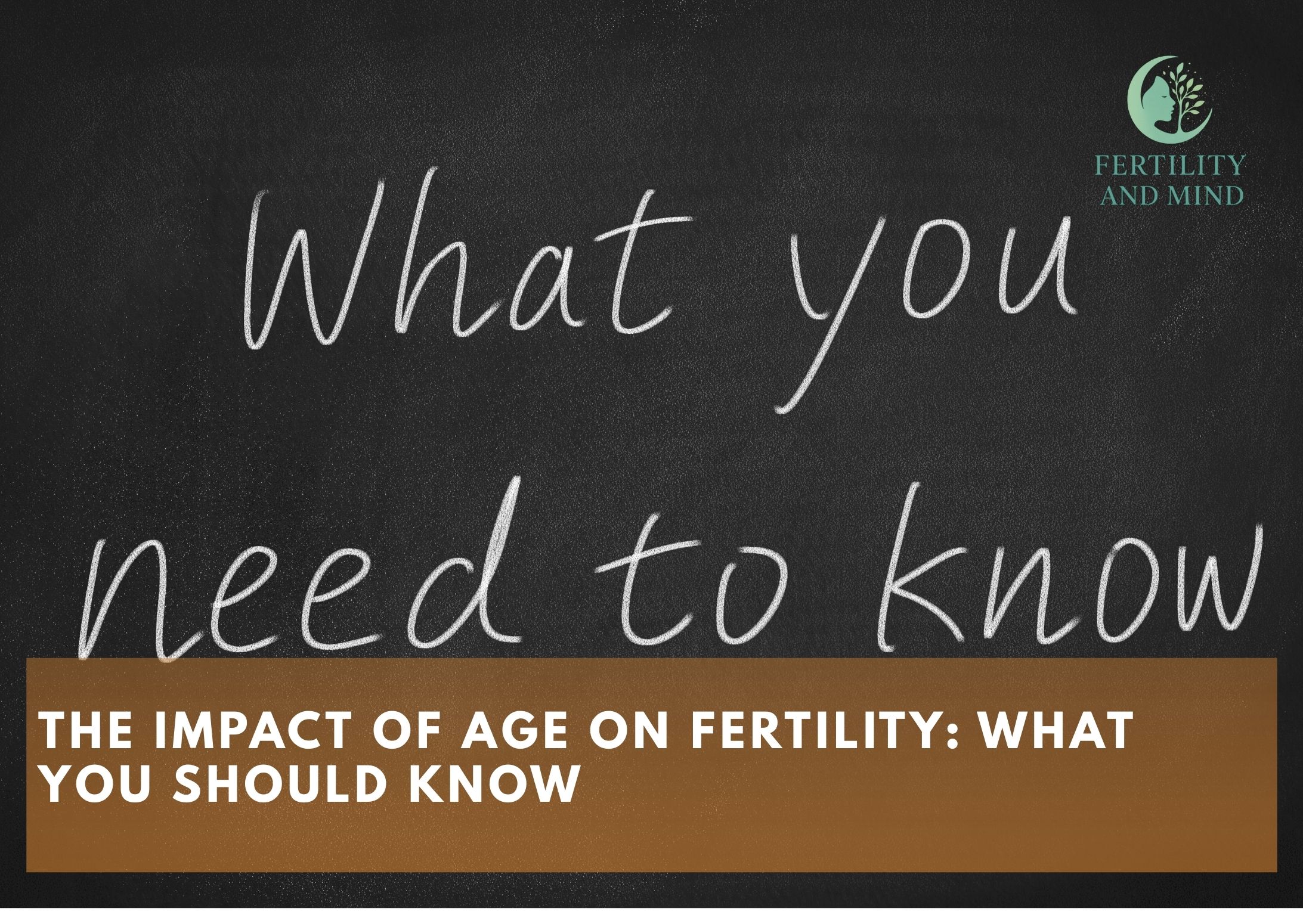
Fertility is influenced by many factors health, lifestyle, genetics but age is one of the most significant. Both men and women experience age-related changes in their reproductive systems. While medical science has advanced and options like IVF and egg freezing provide hope, it’s important to understand how age impacts fertility, so individuals and couples can make informed choices.
Understanding How Age Affects Fertility
Why age matters in reproductive health
As we age, egg and sperm quality decline. In women, this means fewer viable eggs. In men, it often means reduced sperm count, motility, or morphology. Together, these changes lower the chances of conception.
Fertility patterns in men vs. women
Women experience a more sudden decline after 35, while men face a gradual decline over time. Though men can father children later in life, the risks increase with age for both partners.
Female Fertility and Age
Fertility in the 20s: peak years
In the early 20s, monthly chances of conception are about 25–30%, with a low risk of miscarriage or complications.
Fertility in the 30s: gradual decline
By the early 30s, fertility starts to decrease. At age 35, the chance of natural conception per cycle is around 15%.
After 35: faster drop and new challenges
After 35, the ovarian reserve declines faster, and the risk of miscarriage and chromosomal issues, such as Down syndrome, increases.
After 40: lower chances and higher risks
At 40, monthly chances of conception drop to around 5%. Pregnancy at this age is still possible, but it often requires assisted reproductive technologies and carries greater risks for both mother and baby.
Male Fertility and Age
How sperm quality changes with age
Sperm count, motility, and DNA integrity decline gradually with age. After 50, sperm quality is significantly lower compared to younger men.
Impact on conception and pregnancy outcomes
Older paternal age is linked to longer time to conception and a slightly higher risk of genetic mutations or pregnancy complications.
Comparing male and female fertility decline
While men remain fertile longer than women, age still plays a role. Male fertility decline is slower, but it can still impact the success of conception and pregnancy health.
Fertility Rates by Age
| Age Range | Chance of Conception per Month | Miscarriage Risk | Key Notes |
|---|---|---|---|
| 20–29 | ~25–30% per cycle | ~10% | Peak fertility years, high egg quality, lower risk of complications. |
| 30–34 | ~20% per cycle | ~15% | Gradual decline begins, especially in ovarian reserve. |
| 35–39 | ~10–15% per cycle | ~20–25% | Faster decline in egg quality, higher risk of chromosomal abnormalities. |
| 40–44 | ~5% per cycle | ~35–40% | Natural conception less likely, IVF or donor eggs often recommended. |
| 45+ | <1–2% per cycle | >50% | Very low natural fertility, high risk of complications; assisted reproduction usually required. |
Risks Associated With Age and Pregnancy
Miscarriage and chromosomal abnormalities
The risk of miscarriage rises sharply with maternal age, especially after 40. Chromosomal abnormalities, such as trisomy 21, also become more likely.
Pregnancy complications after 35 and 40
Gestational diabetes, preeclampsia, and complications during delivery are more common in pregnancies after age 35.
Emotional and psychological impact
“What surprised me the most wasn’t just the medical statistics, but the emotional weight of feeling like the clock was ticking. Each birthday felt like a reminder of something I couldn’t control.”
The pressure of age can create stress and anxiety for couples trying to conceive.
Solutions and Options for Age-Related Fertility Challenges
Fertility evaluation and testing
Doctors recommend fertility evaluation after 12 months of trying (6 months if the woman is over 35, and immediately after 40).
Lifestyle changes that can help
Healthy diet, exercise, reducing alcohol, avoiding smoking, and stress management can all improve reproductive health.
Assisted reproductive technologies (IVF, ICSI, donor eggs)
IVF and ICSI can help overcome age related fertility decline. Donor eggs are often a strong option for women over 40.
Egg freezing and planning ahead
For women who wish to delay pregnancy, egg freezing in their 20s or early 30s can preserve fertility potential.
Personal Reflections on Facing Fertility and Age
“When I was younger, I thought having children would be simple. At 34, after months of trying, I realized it wasn’t so automatic. Learning that age plays such a crucial role was eye-opening.”
“What helped was remembering that this wasn’t just my issue. My partner also had to get checked, and together we discovered fertility is truly a shared journey.”
“The most valuable lesson I learned was that age matters, but it doesn’t define your entire story. Seeking professional advice early gave us clarity and hope.”
Conclusion: Informed Choices for Every Stage of Life
Age has a profound impact on fertility, but knowledge is power. Understanding how fertility changes over time allows individuals and couples to plan ahead, seek medical support when needed, and make empowered decisions.
Fertility may decline with age, but with lifestyle changes, medical advances, and emotional resilience, hope remains possible at every stage of life.

